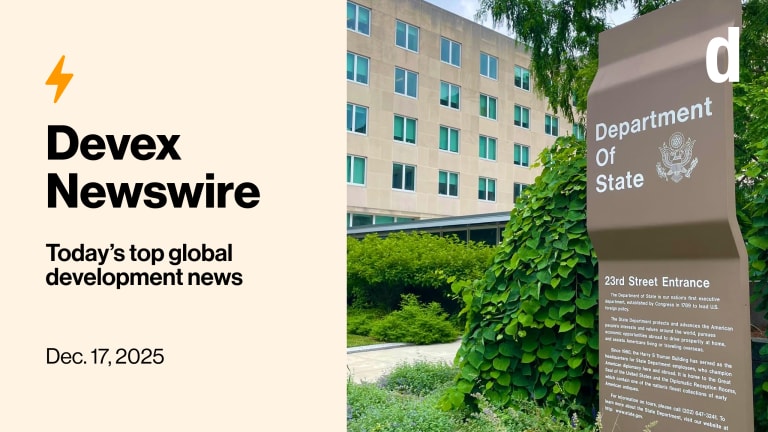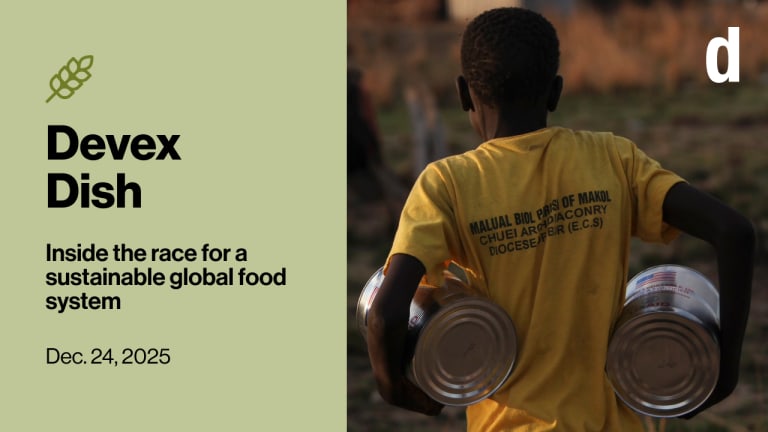The U.K. and international media appear relatively quiet with regard to the release of the U.K. aid reviews, the head of a U.K.-based think tank observes. This muted response could be both good and bad, he says.
“Of course it’s good that there has not been an all-out attack on aid (I think aid has the potential to be transformative and sometimes is),” Lawrence Haddad, head of the Institute of Development Studies, says in his blog. “But vigorous debate helps people understand what is at stake on all sides of the argument and would, I think, help strengthen the case for aid (and an understanding of its limits) in the longer run.”
Haddad adds that the U.K. aid reviews should be shared more prominently around the world, particularly to stakeholders in aid-recipient countries. He also encourages the U.K. Department for International Development and other donors to devise ways to get “evaluative feedback” from people in aid-recipient countries.
“That would be true accountability and transparency, a fixing of the broken feedback loop in aid,” he says.
Haddad was among those consulted by DfID to validate and assure the quality of the multilateral aid review’s methodology.
Read more development aid news.








